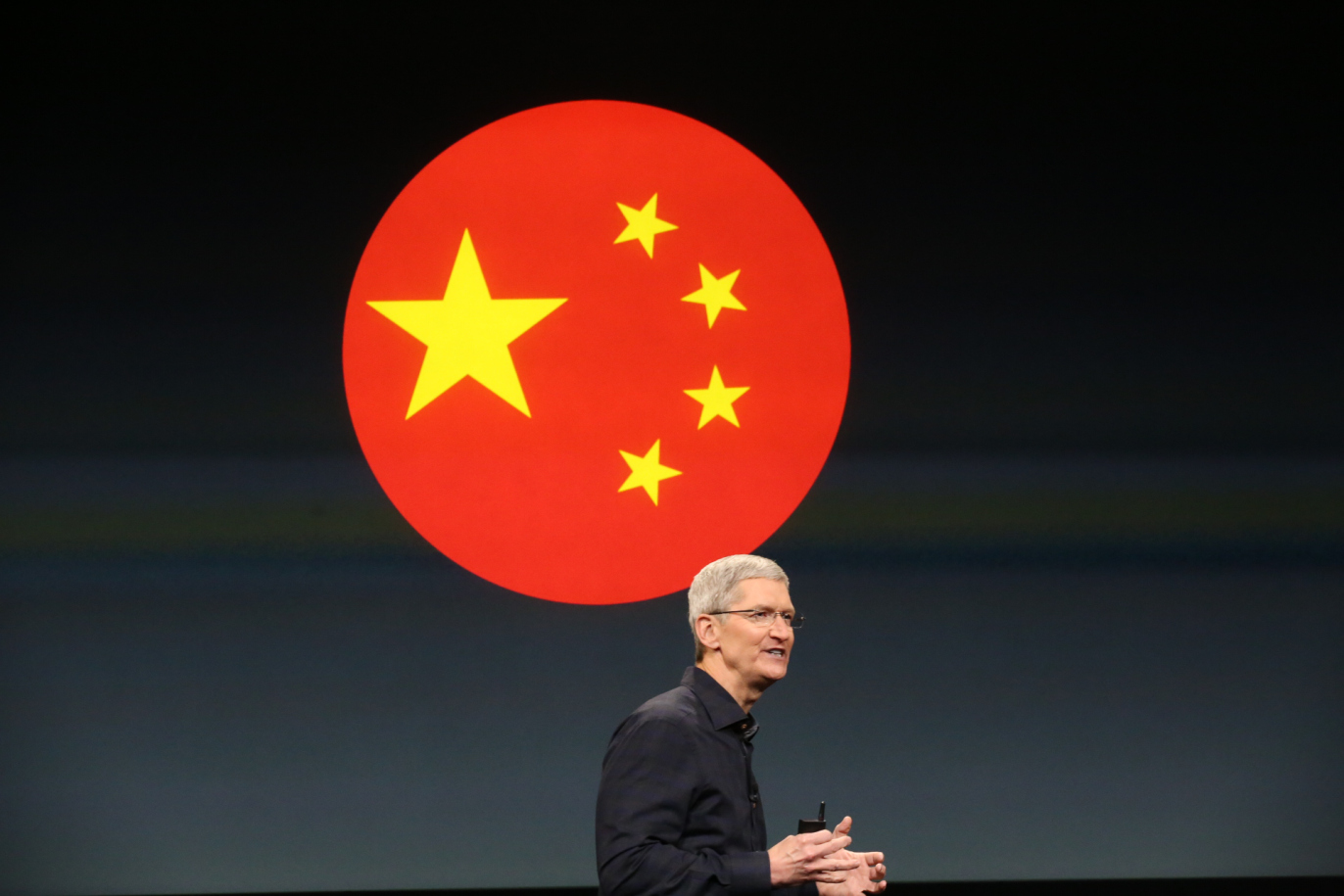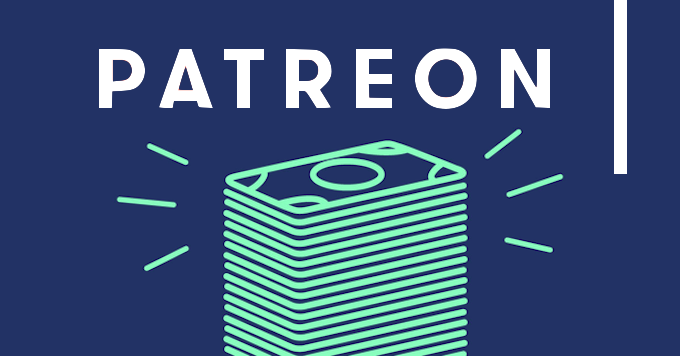Divergent 3D taps a Chinese-led investment syndicate for up to $107 million in new funding
On a lonely stretch of road just off the highway in Torrance, Calif. employees at Divergent 3D are hard at work plotting a revolution in vehicle manufacturing.
Inside the nondescript office building across the street from a branch of the Los Angeles Housing Authority and California Highway Patrol, chief executive Kevin Czinger and his staff are laying the groundwork for the creation of a more environmentally sustainable, flexible, and customizable means of making vehicles.
Through the application of software and additive manufacturing techniques, Divergent 3D says it has developed a process that can manufacture tens of thousands of vehicles customized to the needs of fleet operators at a dramatically lower cost and without the toxic emissions that make auto manufacturing one of the most polluting industries in the world, according to Czinger.
For the former college football star, roustabout, marine, and Goldman Sachs investment banker; Divergent is a second chance for success in the world of automotive startups. His previous startup, Coda Automotive, sank under the weight of executive disputes and a strategic misalignment between Czinger and the partners and investors who had lined up to finance the electric vehicle manufacturer.
Financing that vision is a new clutch of primarily Chinese investors who have agreed to commit up to $107 million in new financing through a new investment round of over $65 million and follow on commitments of an additional $40 million predicated on revenue growth, the company said in a statement.
Investors include previous backers Horizons Ventures and longtime partner Altran Technologies, along with new lead investor O Luxe Holdings (an investment conglomerate backed by the Hong Kong-based real estate investment magnate Li Ka-shing) and Shanghai Alliance Investment Limited — an investment arm of the Shanghai Municipal Government.
After leaving Coda in 2010, Czinger took some time off and began thinking about what to do next. Still convinced that innovations in vehicle manufacturing offered a chance to curb the growth of emissions that are the main culprits of climate change, Czinger began to look not at the emissions coming from vehicles, but from the whole manufacturing process in about 2011.
From that thinking came Divergent, which launched in 2014. The company’s integrated hardware and software-based manufacturing process uses additive metal manufacturing in the design, engineering and manufacturing of vehicle structures for both automotive and aerospace companies.
Altran, a provider of engineering and research and development services to some of the world’s largest industrial companies, was an early believer — and backer — of Divergent’s approach to manufacturing, and along with other early investors like Synapse Partners, joined Horizons Ventures (Li Ka-shing’s primary early stage investment vehicle) in backing Czinger’s vision with an initial $23 million investment.
Since the round, Divergent has developed partnerships with manufacturers and equipment providers like PSA Group (which makes Peugeots and Citroens) and SLM Solutions, which develops 3D metal printing technology.
The youngest of five brothers, Czinger grew up with a passion for cars, and after a wildly successful career in investment banking and private equity, was drawn back to that childhood fascination thanks to another concern — global warming.
“The thing that’s really broken is the way you design and manufacture vehicles,” Czinger told me in an interview last year. “If you go through from mining to vehicle disposal… vehicle manufacturing and fuel manufacturing are much more destructive [to the environment] than tailpipe exhaust. You have to radically reduce the material and energy that goes into the manufacturing phases.”
That realization only came after trying to make a competitive electric vehicle company nearly a decade earlier — and seeing the process of making those vehicles in China for the Chinese market.
“If you have an electric car that weighs over 6,000 pounds and consumes a lot of coal-fired electricity. You are massively accelerating the destruction of the planet,” Czinger said. “We’re going to build 45 billion cars. Which means, we’re going to effectively quadruple the number of vehicles on the planet. Those are heavy and will require lots of energy if the cars themselves require fossil fuels or no fossil fuels.”
Given those numbers, it’s not just the fuel source that needs to change on vehicles, Czinger said to me, but the entire process for making cars needs to change as well.
The timing seems to be right for Czinger’s vision of a more modular, lower carbon footprint manufacturing process, according to early Divergent investor, Evangelos Simoudis, a managing director with Synapse Partners.
“What will be very important will be to create new vehicle designs to deal with lighter vehicles to deal with extended range or to have a better fuel efficiency as a result,” Simoudis said. “I believe we will need to have lighter vehicles and I believe that manufacturing, automotive manufacturing will need to adapt to small batch manufacturing.”
While companies like Uber, Lyft and Waymo are buying and modifying existing models to build out their fleets of autonomous vehicles, Simoudis says that they would be better off building out purpose built fleets at lower costs.
“We will come to a point where will we be able to utilize data to create a fleet of vehicles that is tailored to a specific function or a specific operating environment,” Simoudis tells me. “The vehicle operating as a taxi operating in NYC could be very different from the vehicle operating as a taxi in Singapore. And this is why it’s important to address small batch manufacturing effectively and in an economically viable way.”
The revenue model that Czinger envisions would work something like this. Companies would contract with Divergent 3D to design a bespoke vehicle. The company then works on the engineering to produce a prototype within a year. Original equipment manufacturers (or a company like Altran) could set up and build the manufacturing facility and pay Divergent 3D a licensing fee for the vehicles.
“The big catalytic event will be 18 months out when people see the first validation prototype cars from real major companies,” Czinger told me.
And, the plan could usher in a revitalization of manufacturing in cities across the country. “You’re relocating jobs and the manufacturing and the jobs and the training that you’re relocating is back to the U.S.,” he said.
Published at Tue, 21 Nov 2017 23:37:20 +0000


